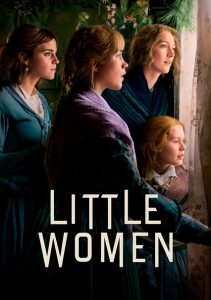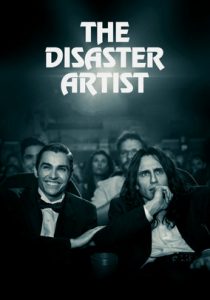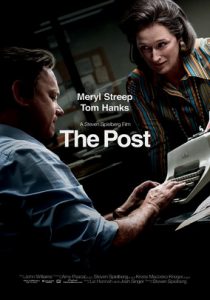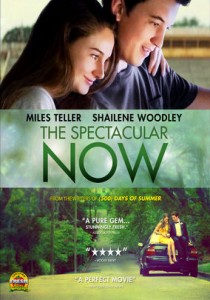Halloween Kills-2021
Director David Gordon Green
Starring Jamie Lee Curtis, Judy Greer, Anthony Michael Hall
Scott’s Review #1,190
Reviewed October 31, 2021
Grade: B+
The second installment in a planned trilogy of the iconic Halloween franchise, which began in 1978, Halloween Kills (2021) is a frightfully effective “middle sibling”.
Bridging the gap between Halloween (2018) and the highly anticipated Halloween Ends (2022), the film has enough gory kills and bloodletting to satisfy any horror fan.
The plot is furthered, and the groundwork is laid for the next installment.
The nods to history, with several actors reprise their characters from the original film, are an enormous treat for fans and a true pleasure to see. The writing regarding history is excellent, and it effectively weaves these characters into the story with newer ones. Jamie Lee Curtis, of course, stars as the terrorized Laurie Strode.
Picking up where Halloween-2018 left off on Halloween night (naturally), a wounded Laurie (Curtis) is whisked away to Haddonfield Hospital to recover while confident that she has finally killed her nemesis, Michael Meyers, by burning him to death.
She is joined by her daughter Karen (Judy Greer) and granddaughter Allyson (Andi Matichak) since the trio left the masked maniac caged and burning in Laurie’s basement. Or so they thought.
Spoiler alert- Michael is far from dead.
Continuing his ritual bloodbath held on Halloween night, Michael roams the quiet streets of Haddonfield. At the same time, the fed-up townspeople rise against their unstoppable monster and form a vigilante mob led by Tommy Doyle (Hall).
They continue to chant “Evil dies tonight” in anticipation of Michael’s demise.
Kyle Richards (Lindsey Wallace), Nancy Stephens (Nurse Marion Chambers), and Charles Cyphers (Sheriff Brackett) return to the action with prominent supporting roles.
Their additions are a significant win for me, and presumably, for any fan of the franchise. It’s on par with welcoming old friends back into one’s life with open arms after a long absence.
The fact that they provide a historical background is the icing on the cake. Brackett’s daughter, Annie, one of the first of Michael’s victims, is celebrated and shown via flashbacks.
Marion’s close friendship with Michael’s doctor, Sam Loomis (Donald Pleasence), is also mentioned. He is seen via computer-animated imagery when the events go back to 1978.
The decision by director/writer David Gordon Green, along with co-writers Scott Teems and Danny McBride, to frequently revisit the events of 1978 is uncompromising and relevant, reminding old fans of the story’s history and teaching novice fans how the dots connect.
It’s a brilliant decision.
The diversity offered in Halloween Kills is a breath of fresh air and progressive. An interracial couple, a same-sex couple, and a black couple are added with respect, dignity, and without stereotypes. They are everyone’s neighbors and an accurate representation of the community.
As residents of the cursed Meyers house, Big John and Little John are portrayed as tough and intelligent, avoiding the comic relief that often shadows gay characters.
A few death scenes are extended to show the victim’s pain and suffering instead of the usual quick and easy slice ’em and dice ’em style. This will make the squeamish a bit nervous, but that’s half the fun of horror films, right?
The typical throat-slashings and eye gouging are included, but many of the minor characters are likable, witty, and clever, and not written as complete morons.
In contrast to the original Halloween, the residents of Haddonfield now seem more blue-collar and red necks than upper-middle-class. I chuckled when Laurie yelled “sheep” to the venomous residents who were chasing a man assumed to be Meyers (he wasn’t).
I surmised that maybe the filmmakers were sticking it to the dolts who blindly follow political leaders in a cultish way, devoid of thought.
Before anyone thinks that Halloween Kills (2021) is a work of art, it isn’t. There exists enough silly dialogue to make anyone snicker, but that’s what slasher films are all about. They are meant to be fun, and this Halloween installment doesn’t disappoint.
The film is sheer entertainment done well and makes me anticipate the next and “final” Halloween chapter. But, as long as the movie remains a hit at the box office, the killings will go on and on and on and on.





